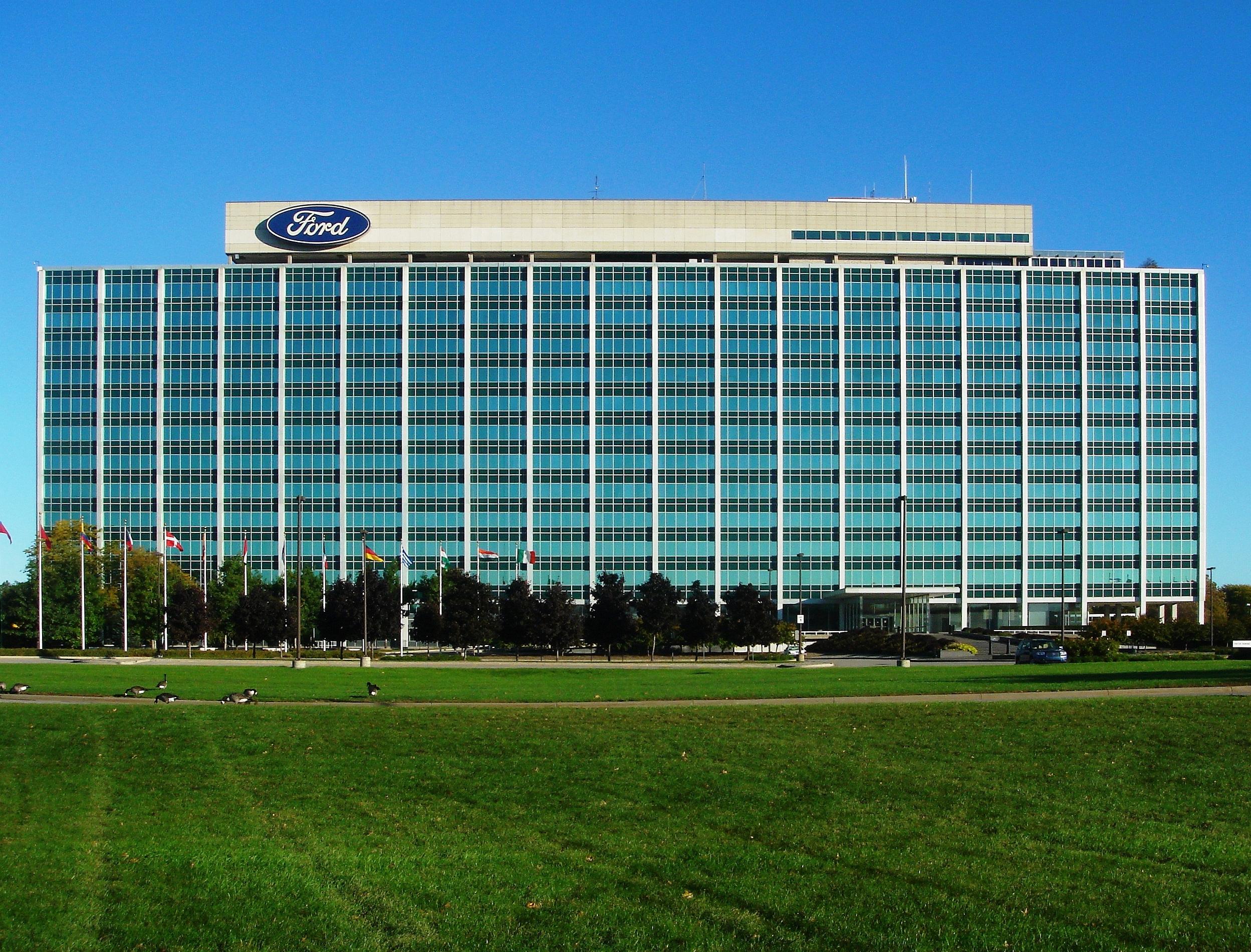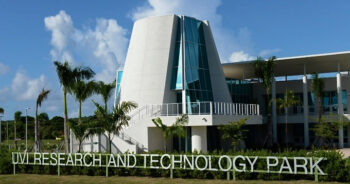Ford Motor Co. has announced it will be investing $5 million into the American Center for Mobility in the Ypsilanti Township.
The center will open in December, and the extra money takes the secured funding to a total of $95 million, leaving it just $15 million short of its target.
The money will be given to the Dearborn automaker designation as a “founder-level” sponsor, which will make Ford a member of the team that is developing the autonomous vehicle testing grounds made-up of government and industry representatives.
The 335-acre facility is being developed about 30 miles southwest of downtown Detroit on the site of the former Willow Run bomber plant.
Ford is the second automaker to donate to the driverless vehicle test site, with Toyota having signed on in July at an equal $5 million.
Ken Washington, vice president of research and advanced engineering and chief technology officer at Ford, touted the investment as a boon for the Michigan economy and automotive industry.
“The work done at Willow Run will help drive mobility solutions across the globe,” Washington said in a news release. “This is an investment in the safe, rapid testing and deployment of transformative technology that will help improve peoples’ lives.”
Though one suspects the added project may also benefit Ford, the announcement comes at the end of a week of competitor news.
Ford has also, it turns out, been tricking people into thinking cars are driverless in order to get a more detailed understanding of how body language is used to communicate with other cars on the road. Ford’s near-neighbor and rival, General Motors, has announced its partner-project with Cruise Automation had created the first production driverless car.
Outside Detroit, it was revealed that Google spent $1.1 billion on its self-driving car efforts, and Samsung announced it was about to spend $300 million on self-driving car efforts.
And for the industry in general, President Trump announced government guidelines on driverless cars – along with some of his thoughts, which were treated with trepidation. The president took an open-minded, pro-business view which came across as blazé.
The document was seen as relatively toothless, and, beyond directing the assumption of responsibility towards automobile manufacturers, it did not contain life-changing information for the manufacturers.









